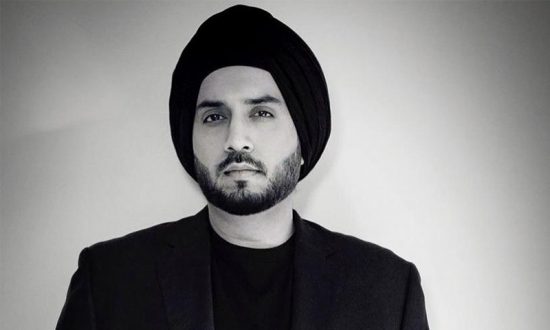A Delhi boy, Yuvraj Aman Singh did his graduation in Business Information Systems and Management from Middlesex University, UK. When he came back to India in 2003, he started a franchise store for Tata Teleservices. After a successful stint, in 2007, Yuvraj started his refurbished phones business, with brands like Sony Ericsson and Samsung, among others. Today, Rocking Deals is one of the largest sellers of open box and excess inventory items in India, in online and offline channels. Rocking Deals targets the young crowd – professionals and students who want to change their gadgets every six months or so.
A growing number of people in India are purchasing refurbished goods because it gives them the necessary functionality than going in for a newer model with fewer extra features with higher costs. Together with cost, the shortened update cycles of today’s technology items are fueling a market for refurbished products. According to estimates, India has a 70 million-strong unorganised market for refurbished smartphones, with a 35% year-on-year growth rate. It is also expected that reconditioned handsets would accelerate internet connectivity in rural India in the coming years.
Effect of the Pandemic on a shift towards refurbished goods
Reduced salaries, long working hours spent at home, and the ongoing advancement of technology have resulted in a massive increase in demand for refurbished products across the spectrum. The pandemic has transformed people’s financial realities who find it challenging to re-adjust by becoming more cautious in their expenditures. Several individuals are enthusiastically adopting the reconditioned path, both for the financial benefits and to mitigate the negative impact on the environment. Assocham evaluated the country’s used-items market at ‘115,000 crores in 2015, and it was predicted to reach $12-15 billion by 2020, indicating a growing need for pre-owned goods. This statistic was bolstered further by the results of major industry analysis firm Counterpoint Research in 2019, which revealed the sale of 14 lakh refurbished cellphones in India, a 14 % increase over the previous year. According to their research, refurbished vehicles had the largest market share in this organised sector at 60%, followed by electronics (including smartphones) at 25%, and other goods like home and kitchen items and clothes at 15%.
Reconditioned items receive a facelift with lower prices
For decades, India’s used-goods sector was fragmented and unorganised, dominated by small-time local entrepreneurs. However, as India gets digital, times are changing with device lifespans reduced from 3-4 years to 1-2 years. The launch of innovative gadgets into the market have further fueled the growth of refurbished products. Following the Covid-19 pandemic, the market share of secondhand products increased by 375%, and the demand-supply chain imbalance has altered the whole industry’s operating environment. Secondhand goods are nearly half the price of new items with increasing consumer awareness driving sales of refurbished goods. Refurbished gadgets are offered for 20-30% of the original price. In some cases, up to 50% or less than their initial price labels makes buying a refurbished item a very rewarding alternative. The increase in demand for these commodities has also resulted in a price increase on refurbished items. Compared to the pre-pandemic period, the average price of pre-owned goods in the home, leisure, electronics, and appliances sectors has all increased. Pre-owned items, such as mattresses, have seen an average price increase of 29%; tablets, laptops, and television sets have increased in price by 13%, 22%, and 18%, respectively.
The refurbished luxury goods sector is also gaining prominence
The pandemic has driven the second-hand luxury automobile market to the point of a supply-demand disparity, and the pre-owned car sector is expected to grow at a CAGR of 15% between 2021 and 2026. According to recent data gathered by global market research firm IMARC, India’s second-hand luxury goods sector is now seeing rapid expansion. Pre-owned antique furniture, footwear, clothing, artwork, jewellery, and fashion accessories such as purses and watches are all in high demand. This shopping behaviour is largely influenced by the expanding impact of western fashion trends, better living circumstances, and rising disposable earnings of individuals. The introduction of several international e-commerce platforms that offer abroad shipping choices has aided the expansion of the pre-owned luxury goods industry in India, which is expected to continue through 2026. Because consumers are more aware of luxury products but cannot afford them owing to the high price point, there has been a significant growth surge in this industry in India. In fact, it’s creating a vicious spiral, with consumers being compelled to purchase and sell more.
Adoption of refurbished goods to rise in the future
Growing environmental concerns are also a driving force among people who choose whether to buy new or used items based on their budget. The concept of sustainability is gaining prominence in people’s decision to buy reconditioned items. Everyone nowadays wants to improve their present lives, which is one of the key reasons for the rise in the sale of refurbished furniture. Driven by market expectations, technology and goods continue to improve, and consumers have a natural tendency to keep up with the latest in technology. This has resulted in a spike in the refurbished market in India, which was previously popular as a cost-effective choice but is tending to become a very successful enterprise.


